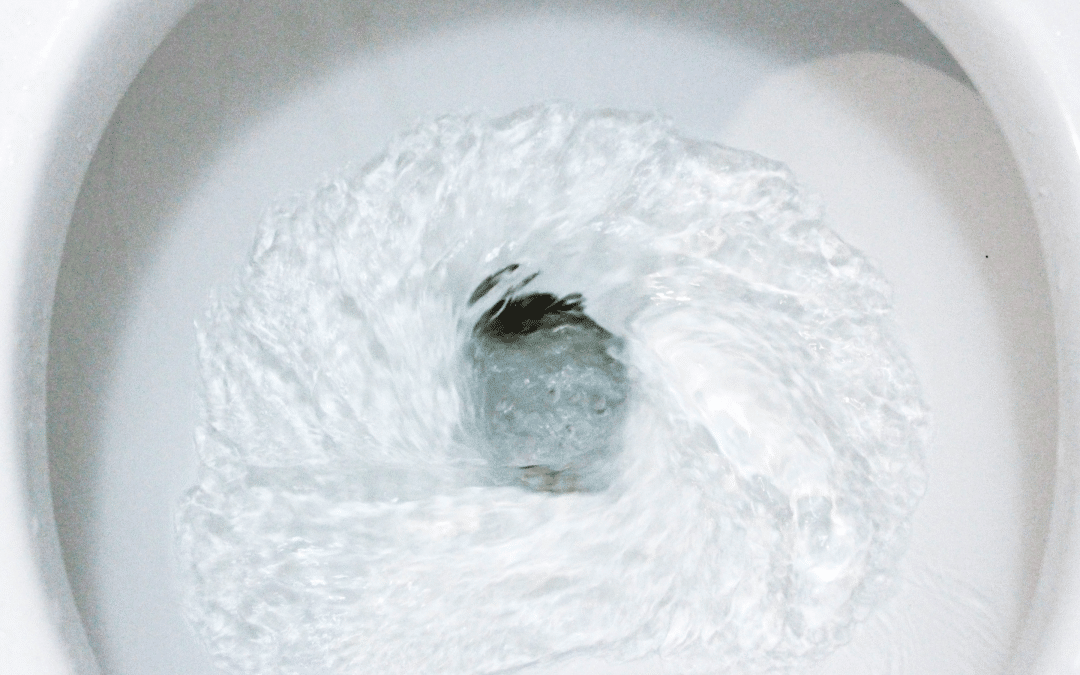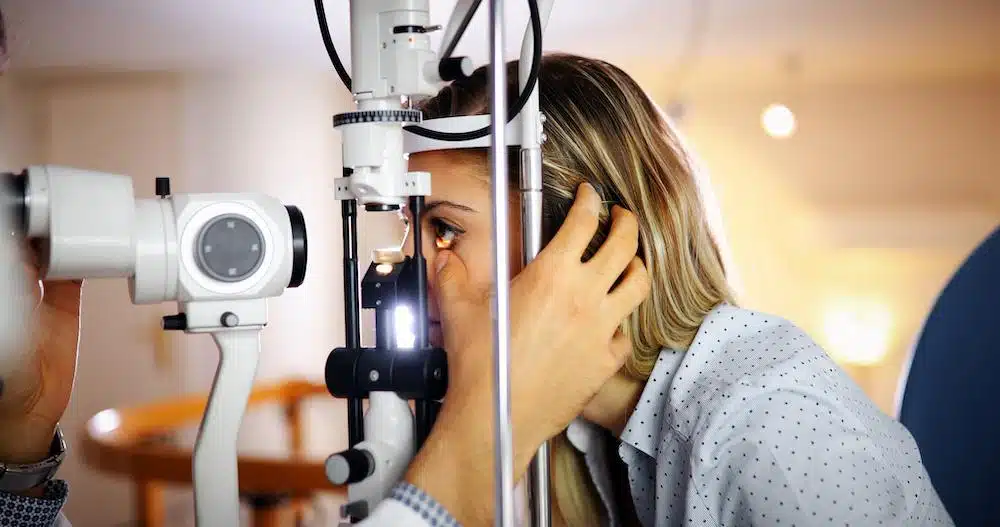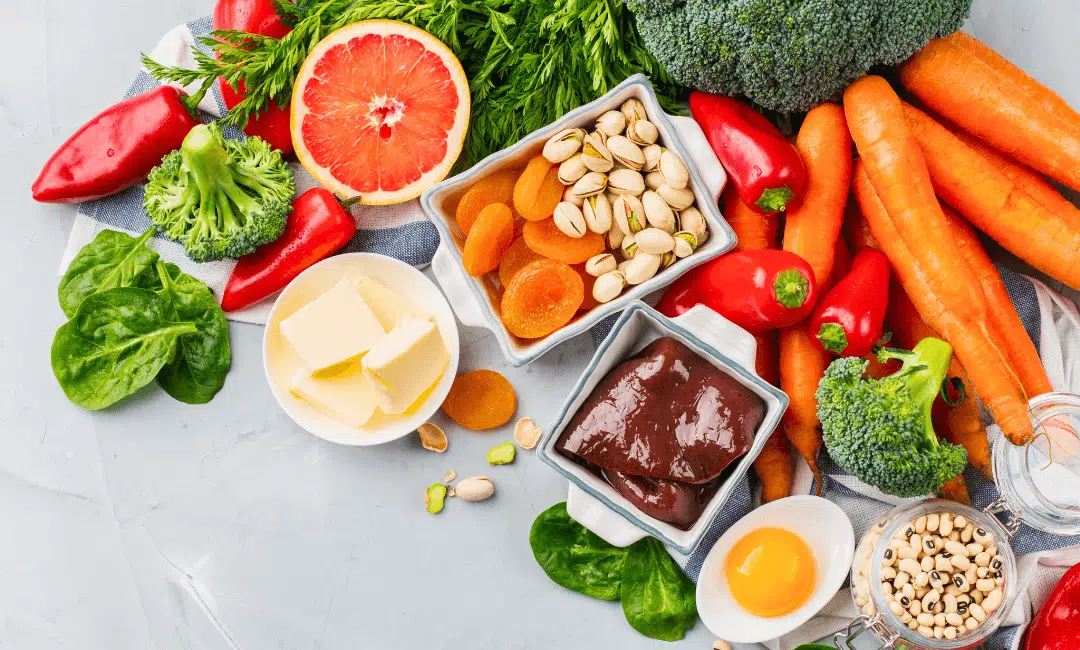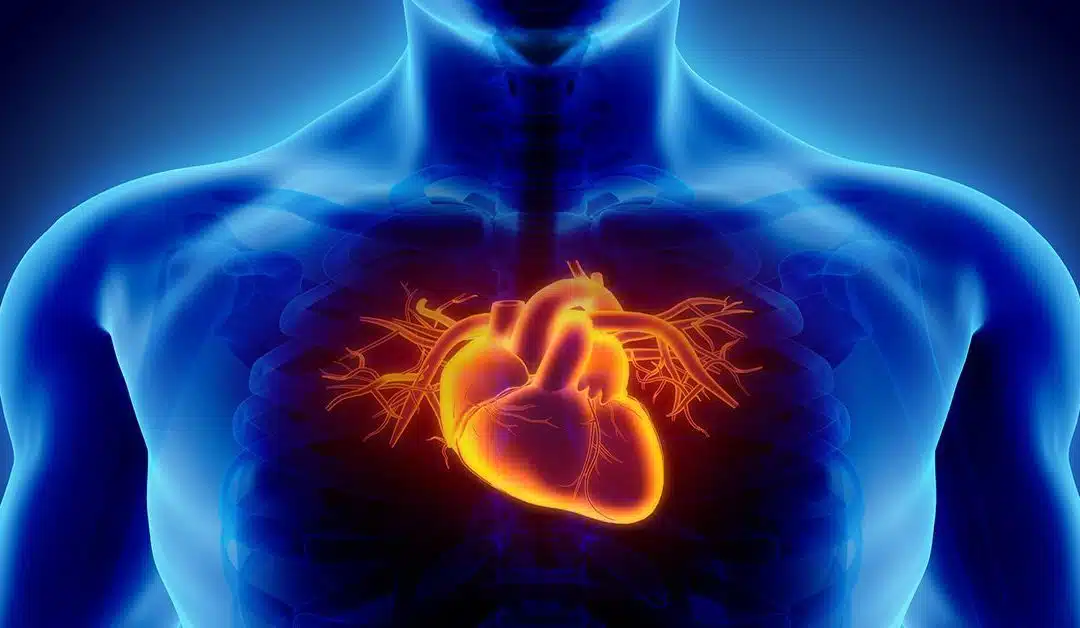The Gut Microbiome
Our gut contains trillions of bacteria (primarily) as well as fungi, parasites, and viruses to make up the gut microbiome. The gut microbiome plays a big role in a number of aspects of our health including weight, immune function, and moods. Scientists are still learning about these microorganisms in the gut, but they do know that certain types of bacteria can make you sick, while other types play an important role in keeping you healthy. These are healthy and unhealthy gut bacteria. Research also shows that diversity (having a lot of different types of bacteria) is important and can even help keep harmful bacteria under control.
Types of Gut Bacteria
Most of the bacteria in our gut microbiome belong to the genera Bacteroides (Porphyromonas and Prevotella), Clostridium, Fusobacterium, Eubacterium, Ruminococcus, Peptococcus, Peptostreptococcus, and Bifidobacterium [1,2]. Other genera, such as Escherichia (E.coli), Streptococci, and Lactobacillus are present to a much lesser extent. Species from the genus Bacteroides alone constitute about 30% of all bacteria in the human gut, suggesting that this genus is especially important in the functioning of the host [1,2].
Good and Bad Gut Bacteria
Typical intestinal bacteria are classified according to their actions into three types. Good bacteria have health maintenance and anti-aging effects such as aiding digestion and absorption and stimulating immunity. About 99% of the bacteria in our gut microbiome can be considered good. In contrast, bad bacteria have adverse effects on the body. They inhibit health by triggering disease and promoting aging. Opportunistic bacteria cause no trouble when you are healthy but have adverse effects upon the intestines when the body is weak.
Some Examples of Good Bacteria
The main job of the good bacteria is to maintain a healthy balance in your body. Think of it as keeping your body in neutral. When you are sick, bad bacteria enters your body and increases in number. This knocks your body out of balance. The good bacteria works to fight off the bad bacteria and restore the balance within your body, making you feel better. There’s also evidence that having a diverse microbiome, with many different types of good bacteria, may be important for your overall health [3]. Probiotics fall into the category of good bacteria as they promote a healthy and diverse microbiome. Good bacteria (like probiotics) do three things: promote a healthy immune system; restore the balance within your body; make you feel better.
- Bifidobacterium
- Lactobacillus
- Akkermansia
Some Examples of Bad Bacteria
Several things (e.g. weight gain, certain diseases, poor diet, antibiotic use) can affect the balance of good bacteria in your gut, while giving those 1% unhealthy gut bacteria more opportunities to affect your health. These bad bacteria have negative effects on the body and inhibit health by triggering disease and promoting aging. When bad bacteria grow and produce toxins, this can cause severe symptoms like abdominal pain, fevers, and diarrhea. Others may cause more subtle but ongoing symptoms, like bloating or irregular bowel movements [3].
- Staphylococcus
- Clostridium difficile (C.diff)
- E.coli (toxic strain)
- Salmonella
- Shigella
Some Examples of Opportunistic Bacteria
Opportunistic bacteria are always present in small amounts and pose no trouble when you are healthy but have adverse actions inside the intestines when the body is weak and your good bacteria levels decrease.
- Bacteroides
- Streptococcus
- E.coli (non-toxic strain)
Ways to help Promote Good Bacteria
There are ways that you can start improving the health of your gut by promoting the good gut bacteria. This mostly involves focusing on your diet and lifestyle. You can increase the amount of good bacteria in your body through foods, drinks and supplements. You probably have certain foods in your current daily diet that contain some amount of probiotics. Fermented foods in particular (like yogurt, sauerkraut, and some brands of pickles) are home to a host of good bacteria that benefit your body. There are also fermented drinks like kombucha (fermented tea) or kefir (fermented dairy drink) that introduce extra probiotics into your diet. Fiber helps with the growth of good bacteria and decreases the number of unhealthy gut bacteria. Look for high-fiber foods like fruits, vegetables, seeds, and nuts.
Regular exercise can have a positive affect on the gut microbiome, increasing healthy bacteria and overall diversity. Additionally, you can add probiotics to your diet through dietary supplements. These aren’t drugs, so they do not need to be approved by the FDA. It’s important that you always talk to your healthcare provider before starting any kind of supplement or major change to your diet.
References
- [1] Linares, D. M., Ross, P., & Stanton, C. (2016). Beneficial Microbes: The pharmacy in the gut. Bioengineered, 7(1), 11–20. https://doi.org/10.1080/21655979.2015.1126015
- [2] Azad, M. A. K., Sarker, M., Li, T., & Yin, J. (2018). Probiotic Species in the Modulation of Gut Microbiota: An Overview. BioMed research international, 2018, 9478630. https://doi.org/10.1155/2018/9478630
- [3] Hills, R. D., Jr, Pontefract, B. A., Mishcon, H. R., Black, C. A., Sutton, S. C., & Theberge, C. R. (2019). Gut Microbiome: Profound Implications for Diet and Disease. Nutrients, 11(7), 1613. https://doi.org/10.3390/nu11071613
- https://pendulumlife.com/blogs/news/what-is-the-difference-between-good-gut-bacteria-and-bad-gut-bacteria
- https://my.clevelandclinic.org/health/articles/14598-probiotics
- https://www.goodrx.com/well-being/gut-health/good-bad-bacteria-gut-health
- https://www.otsuka.co.jp/en/health-and-illness/fiber/for-body/intestinal-flora/








